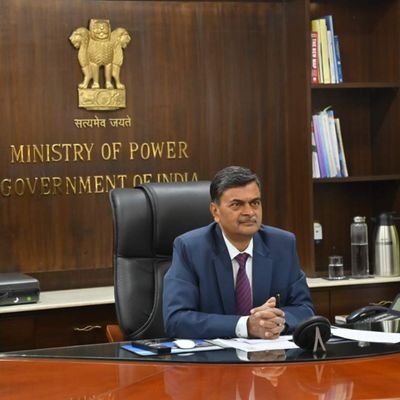Srinagar June 7
India’s Minister for Power and New and Renewable Energy, RK Singh, sounded the alarm on the pressing climate crisis and stressed the immediate need for heightened investment in green energy to combat global warming.
Addressing the eighth meeting of the Standing Committee of the International Solar Alliance (ISA) in New Delhi, Singh, who currently presides over the ISA as its president, underscored the criticality of transitioning to renewable energy sources in the fight against climate change.
He emphasized that the question no longer revolves around whether to transition but rather how swiftly the world can make the shift to green energy. Singh identified solar power as a key driver of this transformation.
The global solar photovoltaic (PV) capacity has experienced a remarkable surge over the past decade, reaching approximately 942 gigawatts (GW), with a record-breaking 175 GW added in 2021 alone. This remarkable progress positions solar energy as the leading renewable technology, propelling the world toward achieving net-zero emissions.
Singh also highlighted the immense potential of solar PV in diverse sectors such as agriculture and surface-integrated cells, creating opportunities for widespread deployment of solar energy and expediting the energy transition. He commended the ISA for its unwavering efforts in driving the global transition to solar energy, including initiatives like the Solar Finance Facility and the SolarX Grand Challenge. Despite the significant strides made, Singh emphasized the need for increased funding, particularly for the least developed countries, to support their energy transition.
While congratulating the ISA members on their contributions, Singh stressed the imperative for collective global action to achieve net-zero emissions, reminding everyone of the moral duty to protect the environment for future generations. Highlighting the ISA’s steadfast commitment to a greener future, Singh highlighted the organization’s nine programs encompassing sectors such as agriculture, health, transport, and green hydrogen. He called for enhanced contributions to green funds and a focus on facilitating access to clean energy, particularly in African countries.
In conclusion, Singh urged self-reflection, asking whether enough is being done to address the climate crisis. He emphasized the urgent need to decrease the number of people lacking access to clean energy, highlighting the moral imperative of ensuring a sustainable and equitable energy future.




